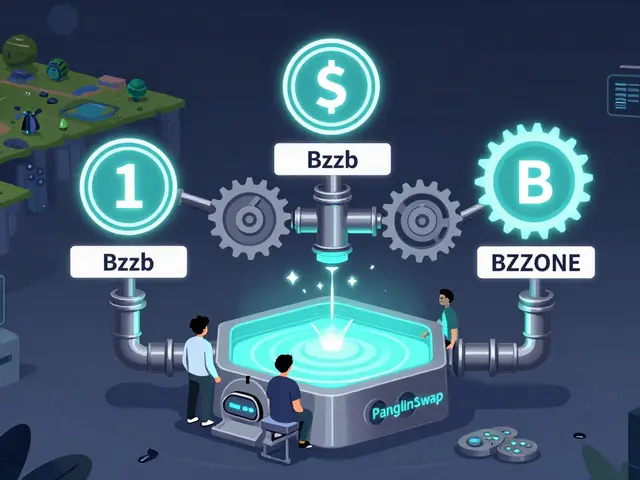Section 23 EStG – German Crypto Tax Rules Explained
When dealing with Section 23 EStG, the part of the German Income Tax Act that governs private sales and short‑term capital gains, also known as Section 23 Income Tax, you must know how it applies to crypto transactions.
In practice, Section 23 EStG creates a tax trigger whenever you sell a digital asset that you have owned for less than one year. This rule forms a direct link between crypto tax, the taxation of cryptocurrency gains under national legislation and the broader framework of capital gains tax, the tax on profit from the disposal of assets. If the holding period exceeds twelve months, the profit is generally tax‑free, but the calculation of the acquisition cost still follows the guidelines set by German tax law. The law also requires you to report every crypto sale in your annual tax return, regardless of the amount, because the tax office can request proof of acquisition dates and values. Failure to disclose these transactions can lead to fines or back‑dated tax assessments, which is why many investors use dedicated accounting tools to track the exact purchase and sale timestamps. In addition, your tax residency status decides whether Section 23 applies at all – German residents are fully subject to the rule, while non‑residents may only face limited reporting obligations depending on double‑tax treaties. Understanding these nuances helps you avoid unexpected tax bills and stay compliant during volatile market swings.
The articles collected under this tag walk you through the most common scenarios you’ll encounter as a crypto trader in Germany. You’ll find step‑by‑step guides on calculating taxable gains, explanations of how the one‑year holding period is measured, and tips for documenting transactions on popular exchanges. There are also deep dives into related topics such as the impact of the EU MiCA regulation on German crypto tax, how to treat airdrops and staking rewards under Section 23, and real‑world examples of tax assessments issued by the German Finanzamt. Whether you are a newcomer trying to grasp the basics or a seasoned investor fine‑tuning your reporting process, the resources below give you actionable insight to keep your tax position clear and your portfolio thriving.
Learn how Germany's 1‑year holding rule makes long‑term crypto gains tax‑free, see short‑term rates, compliance steps, and useful tools for investors in 2025.
Categories
Archives
Recent-posts
Different Variations of Proof of Stake Explained: How Ethereum, Cardano, and Others Validate Blocks
Jan, 4 2026



 Finance
Finance




